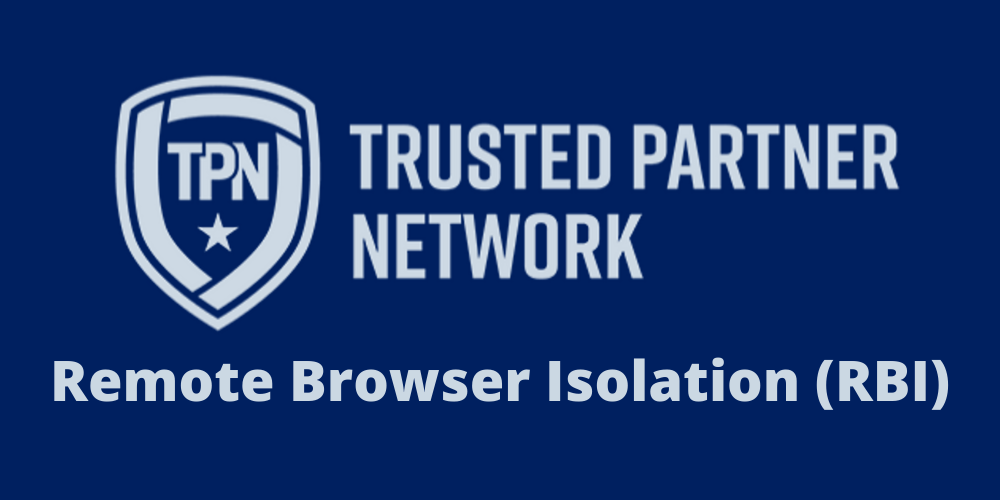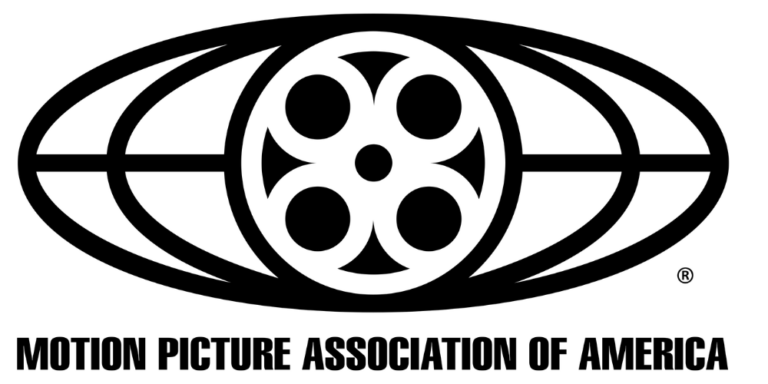Protecting VFX Production Studios from Content Loss and Exposure
Posted on January 17, 2022
Want to interview Gerry?
Contact
The High Cost of Pre-Release Piracy
Mention the phrase “movie pirating” and most people think of VPNs, proxies, bit torrents and similar workarounds that individuals deploy to get (read: steal) the movies and series they want, without paying for legitimate access. And there is no doubt that this kind of post-release piracy takes a serious toll on revenues of studios and broadcasters. But it’s far from the only – or even most serious – threat to studio profits.
As far back as 2014, Liye Ma, a marketing analytics professor at the University of Maryland Robert H. Smith School of Business, found that pre-release piracy reduces box office revenues by close to 20% more than when piracy occurred following release ¹. According to Ma, pre-release piracy is particularly harmful because the impact “comes disproportionately from individuals most passionate about and most interested in watching the movie.” Those who download a pirated copy before release are exactly the customers who are most enthusiastic, and who would almost definitely pay to view the content upon its release.
Distributed Production Increases the Risk
A lot has changed since Ma’s study, including huge declines in movie theater attendance due to the Covid pandemic and significant changes in how studio content is produced. Even before the pandemic, the industry was moving to more distributed models, using independent VFX studios to complement work done in-house. Work is increasingly cloud-based. And with connectivity – even to private clouds – comes danger of cyberattacks, breaches and ransomware attacks, as well as concern about accidental or malicious data exposure.
To address these concerns, the Motion Picture Association, along with the Content Delivery & Security Association, established the Trusted Partner Network as a way to certify VFX production houses as compliant with MPAA Best Practice Guidelines for Data Security.
Security at the Cost of Convenience
While the TPN aims to provide “a cost-effective way to assess security preparedness […] against industry best practices,” implementing the necessary technologies in-house can challenge the budgets and capabilities of smaller production studios. In the words of one studio head, who posted on Reddit, “It’s a major pain and more expensive than ever” due to requirements such as, “Cameras at every entrance and exit, air-gapped internet, a DMZ for ingestion and delivery of work, significant backups and off-site storage” and more. Others chimed in with tales of how inconvenient, impractical and slow their air-gapped internet solutions are.
Having it All
While we can’t do much about cameras, Ericom has good news for VFX studios that require TPN certification, and whose users are frustrated by slow internet air-gapping solutions that deliver jagged visuals and a generally poor user experience. Or, even worse, studios that doubly frustrate users by permitting no access at all from production devices.
With Ericom Software’s ZTEdge Web Isolation, users enjoy a completely natural browsing experience using their regular browsers. Rigorous, granular policy-driven controls protect valuable content and IP, while also safeguarding workstations and networks from ransomware and phishing – all in full compliance with MPA Content Protection Best Practices.
Technology-forward VFX production houses have adopted ZTEdge Web Isolation to enable TPN-compliant security, while allowing the internet access their users need to be most productive. To learn more about how ZTEdge Web Isolation can reduce the security burden on your users, download our Guide to Zero Trust Web Isolation for Film, Animation, and Visual Effects Company Trusted Partner Network (TPN) Programs now, or visit our Solutions Page for the film industry.
¹An Empirical Analysis of the Impact or Pre-Release Movie Piracy on Box Office Revenue, in Informations Systems Research
About Gerry Grealish
Gerry Grealish, ZTEdge CMO, is a security industry veteran, bringing over 20 years of marketing and product experience in cybersecurity, cloud, analytics, and related technologies. Responsible for marketing and business development, Gerry previously was at Symantec, where he led the product marketing and go-to-market activities for the company’s broad Network Security portfolio. Prior to Symantec, Gerry was at Blue Coat, which he joined as part of Blue Coat’s acquisition of venture-backed Cloud Access Security Broker (CASB) innovator, Perspecsys, where he was Chief Marketing Officer.Recent Posts

Air Gapping Your Way to Cyber Safety
Physically air gapping enterprise networks from the web is a great way to protect operations, keep data safe … and squelch productivity. Virtual air gapping is a better approach.

Motion Picture Association Updates Cybersecurity Best Practices
The MPA recently revised its content security best practices to address, among other challenges, the issue of data protection in the cloud computing age.

FTC Issues Cybersecurity Warning for QR Codes
QR codes on ads are a simple way to grab potential customers before they move on. No wonder cybercriminals are using QR codes, too.